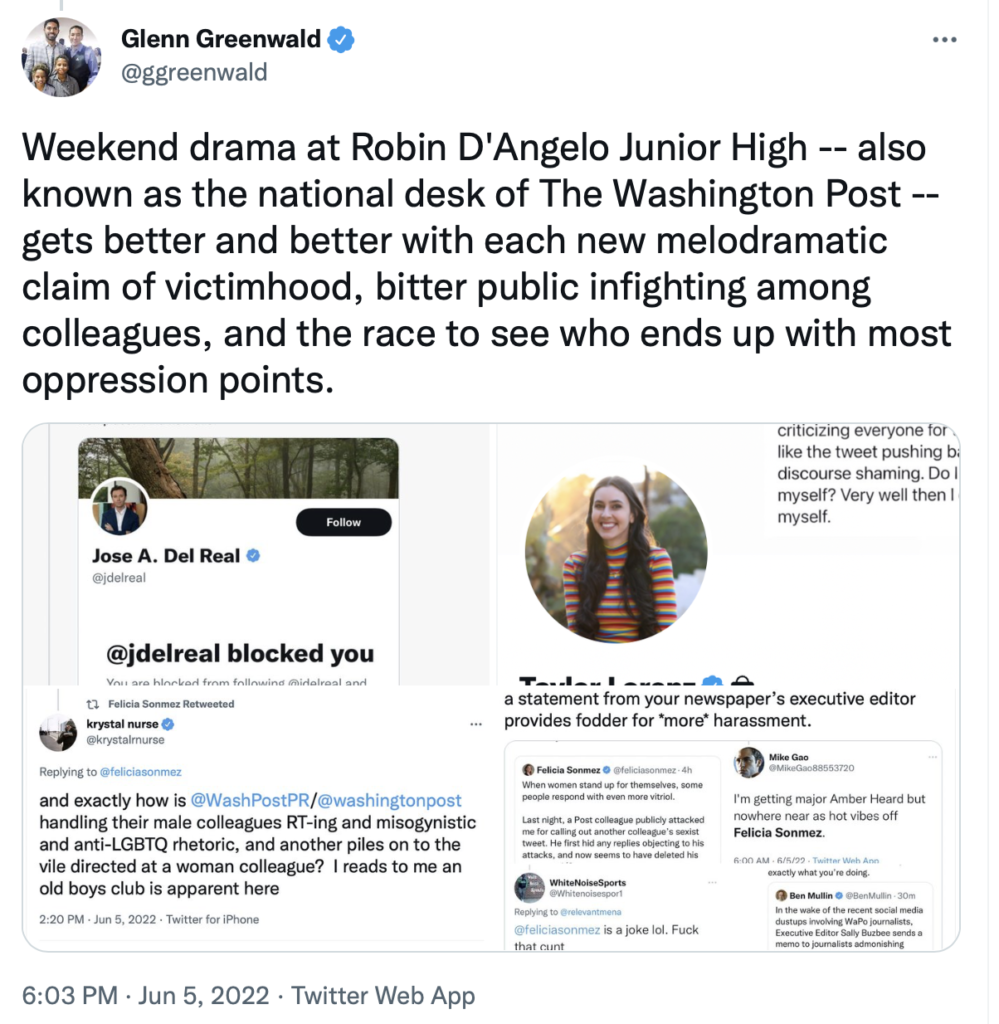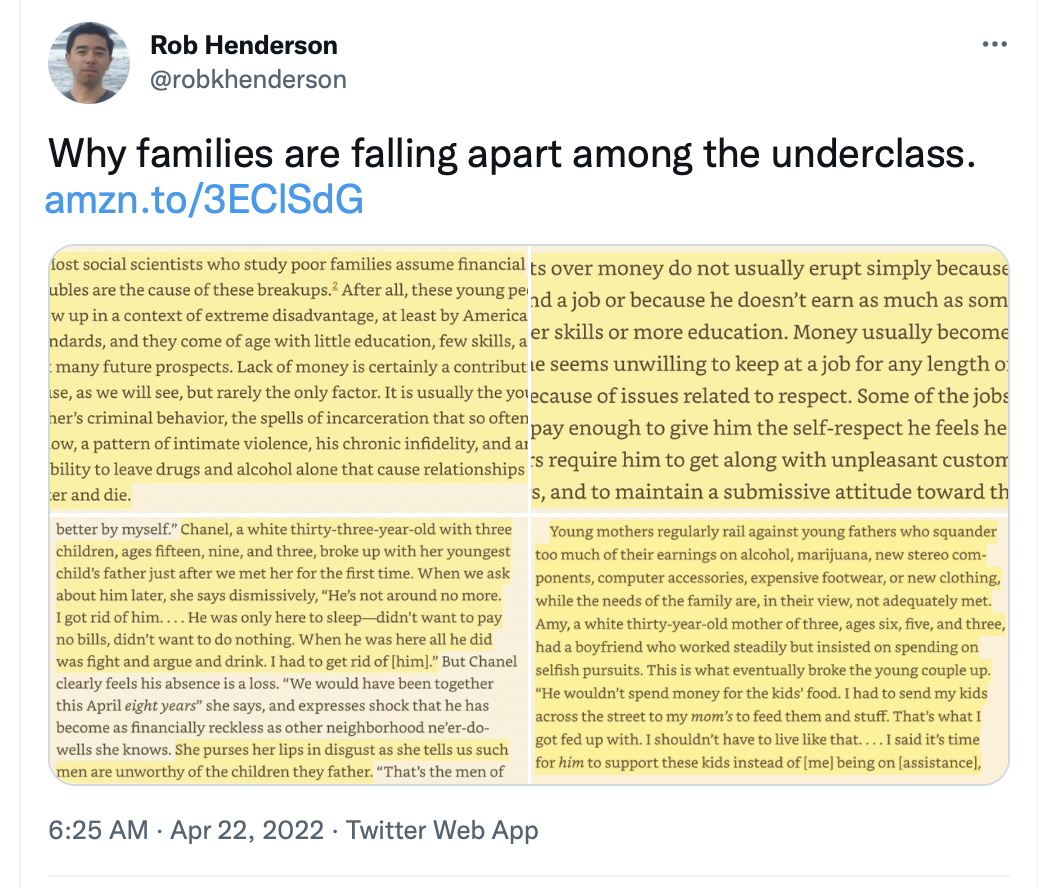Jordan Peterson: The Danger of Obsessing About Yourself
Jordan Peterson had a long and intense discussion with writer Helen Joyce about transgender ideology. It is a well-worth listening to the entire episode, including the discussions of social contagion, the reasons girls reject their own bodies, the disrespect shown to older women (by younger women) and the pervasive role of narcisism. Peterson, who has worked as a clinical psychologist, offers this advice for people who suffer from social anxiety. From my personal anecdotal experience, I think this is spot on and important to note:
Helen Joyce: And alongside that, that you must choose your identity off a list of dozens, and sometimes hundreds, that require the most intense, constant rumination and self-examination. I mean, I was talking to somebody just yesterday--who was telling me that who has this check sheet for how do I feel? ... But you were meant to be thinking all the time, like, how am I feeling right now? And it was, you know, on a scale of one to 10, how happy am I? This is all a terribly bad idea.
Jordan Peterson: Well, it's clearly bad. One of the things I learned when I was treating people who were socially anxious, I had a lot of anxious people in my, in my clinical practice, which is hardly surprising because that that's the kind of suffering that requires people to seek clinical intervention. Socially anxious people, when they go into a new social situation, think obsessively about how others are thinking about them. Yes. And so then they become self conscious often about bodily issues. But not only that, they might become self conscious about their lack of conversational ability, and the fact that they're not very interesting, and the fact that they're being evaluated by other people, it's a litany of obsessive thoughts. And you can, you might say, well, you can train people to stop thinking about themselves. But you can't stop people from thinking about something by telling them to stop thinking about something. But what you can train people to do is to think more about other people. And so one of the techniques that I used in my practice was okay, now, when you go into a social situation next time, like we'd go through the niceties of introducing yourself and making sure they knew your name, and get that ritualized, so that it was practiced and expert and therefore not a source of anxiety. But the next thing is, your job is to make the other person that you're talking to as comfortable as possible, to pay as much attention to them. And so we know that the more you think about yourself--this is literally true--there is no difference between thinking about yourself, and being miserable. They load on the same statistical axis. And so these kids that are constantly being tormented by 150 identities, that's a front not of freedom, but of utter chaos. And then asked to constantly reflect on their own state of emotional well being and happiness is the surest route to the kind of misery that's going to open them up to psychogenic epidemics. The clinical data on that are clear.


